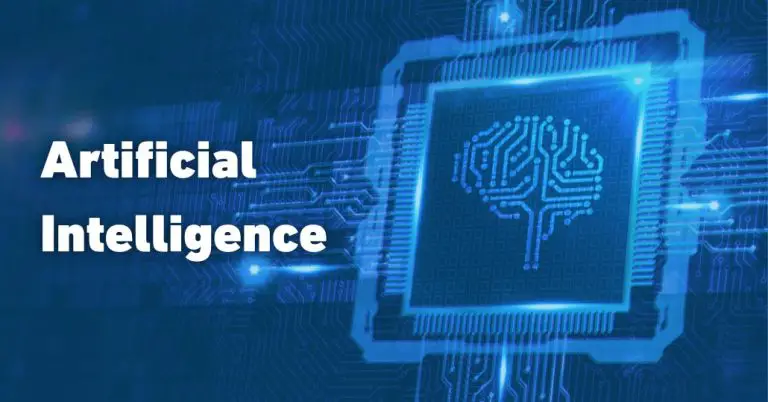
Google Deepmind has launched a Ai model for weather prediction named as GenCast. This Ai model from Google is much more precise to battle with old and traditional weather forecasting. This Ai model for weather prediction has outclassed the other and most famous forecast models during a test in 2019.
According to the latest news roaming around, currently Ai has no plan of replacing the usual weather forecasting. But they can add a collection of tools for more accurate weather prediction and warning the public about the various storms. GenCast can be the leading Ai weather prediction model for more accurate and precise weather prediction.
A senior research scientist at DeepMind Ilan Price says, “Weather basically touches every aspect of our lives. Also it is one of the big scientific challenges predicting the weather. The mission of Google DeepMind is to modernize the Ai for the advantages of humanity. And I think this is one important way, one important contribution on that front.”
In a scientific journal known as Nature a paper was published. In the paper the researchers of the Google DeepMind claimed that they have found that their Ai weather prediction model outclass the European Center for Medium Range Weather Forecast (ECMWF). GenCast has defeated ENS 97.2% of the time.
GenCast is an Ai weather prediction model that is developed on Machine Learning. The model was trained and tested on weather from 1979 to 2018. This weather forecasting model learned to determine the weather pattern for almost 40 years of the past and previous data and forecast the weather in the future. This Ai model for weather prediction is very different and unique from old and traditional models such as ENS works. This model for weather prediction still depends on the super computer for solving complex problems for cloning the physics of the atmosphere.
Related links you may find interesting
GenCast is better than other forecasters because of their advance prediction of the path of tropical cyclones. GenCast provides additional 12 hours of advance warning. Also, GenCast is also better in forecasting cyclone tracks, extreme weather and wind power production up to 15 days in advance.
In the year 2019, the GenCast was tested against an older version of ENS. That version of ENS now works on higher resolution. Since 2019, the ENS system has greatly improved. This makes it harder to determine how well GenCast may perform against an ENS system.
Keep in mind that resolution is the important factor for making predictions, but this is not the only factor on which the prediction depends. In 2019 ENS system worked at high resolution but even then GenCast beat ENS. The researchers of DeepMind say that the Ai model conducted the same studies on data in 2020 and 2022 and found the same outcomes.
One of the biggest benefits that the GenCast has over the ENS system is the speed. With the help of single Google Cloud TPU v5 it provides one 15 day prediction in just eight minutes. Physics based models such as ENS can take up to several hours for similar work and forecasting. GenCast does not need to solve all these equations. Due to this, GenCast takes less time and computational power to provide a forecast.
This efficiency reduces the concerns of environmental impact of energy need Ai data centers. They have already contributed to Google’s Greenhouse gas emission climbing in recent years. It is very difficult to identify how GenCast can be compared to an ENS system when the question arises on sustainability.
There are many more enhancements that GenCast still makes. GenCast can be upgraded to higher resolutions. Also, GenCast can predict the weather on 12 hour intervals.
The increasing interest of people in the field of Ai, this can be used to improve the forecast. The researchers and scientists of DeepMind say that they are trained scientists who think according to physics. As basically Ai is not that there are still more elements where they are trying to discover.
The forecasters can check the GenCast for themselves. Ilan Price says “Once these models get into the hands of practitioners, it further builds trust and confidence. We really want this to have a kind of widespread social impact”.





